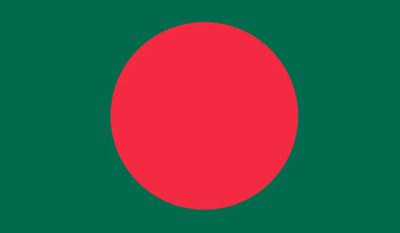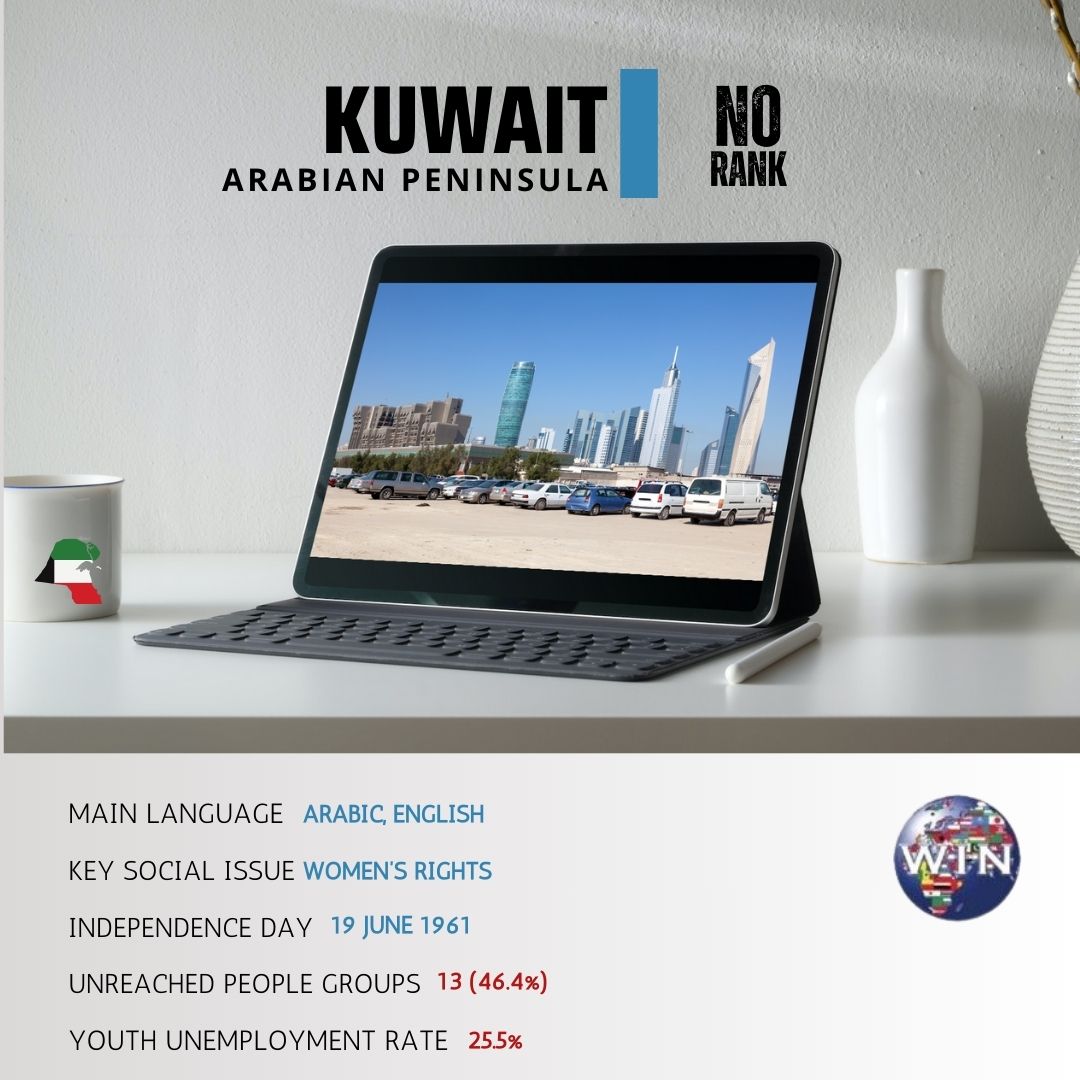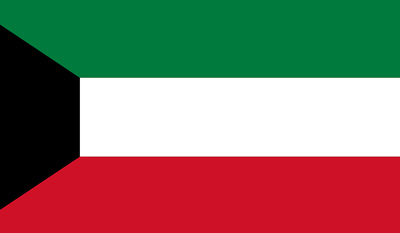Day 3
Bangladesh
965,467 Rohingya refugees live in the Kutupalong refugee camp at Cox’s Bazar. They fled Myanmar when the Junta attempted to cleanse them ethnically. The United Nations Refugee Agency (UNHRC) pays for the upkeep of the refugees and supplies food through the World Food Program (WEP). Reports of extortion, assault, sexual harassment, and intimidation by the Bangladeshi Camp Police are now coming up. The situation is becoming worse with refugees considering a return to Myanmar or taking the risky sea journey to Indonesia. This blatant disregard for fundamental human rights and security, along with the lethargy to take adequate action against the perpetrators of the Bangladesh government, is shocking.
Pray for God to raise His Children high up in Bangladesh’s judiciary to intervene and stop the mistreatment of the Rohingya refugees (The Bible, Psalm 10:15).
Pray for the exposure of all criminal behavior by camp police. Pray for God’s divine intervention to instill compassion in Bangladesh for the Rohingya refugees (The Bible, Psalm 14:6).
Bangladesh is the world’s leading textile and beef supplier. Geographically, it lies in the delta region formed by the confluence of the Ganges and the Brahmaputra river systems. Once predominantly Hindu, Bangladesh now hosts the fourth-largest Muslim population in the world. During the Independence Partition from the British Empire in 1947, Bangladesh was birthed as East Pakistan. In 1971, aided by India, Bangladesh was partitioned from Pakistan. Today, it is densely populated, and institutional corruption threatens its economic growth. Ranked 30 in the Open Doors Persecution List in 2023, Bangladeshi Christians face difficulties in the community and in conducting their personal lives. The rise of extreme Islamic groups and “government-approved” disappearances continue to terrorize the 938,000 Christians in Bangladesh.
Day 3
Kuwait
The state of Kuwait’s labor law is often in the headlines for the wrong reasons. Migrant workers have difficulty finding safe work environments. There are little or no laws to protect migrant laborers. Human trafficking and forced labor without pay are common threats a migrant laborer will face in this country. Almost 80% of Kuwait’s workforce comprises foreign migrant workers. Despite new law reforms, cases of physical abuse, illegal detention, and starvation still exist.
Pray for the labor laws in Kuwait to be more effective. Pray for authorities to remain impartial and take action against abusive employers (The Bible, Proverbs 29:7).
Pray for safer work environments for household workers and maids in Kuwait (The Bible, Psalm 5:11).
Kuwait is an Arabian state that sits at the edge of the Eastern Coast of the Arabian Peninsula. Less than 18,000 sq km, Kuwait was instrumental in forming the Gulf Cooperation Council (GCC) to thwart Iranian influence in the region. Although Kuwait supported Iraq during its war against Iran, border disputes, and political reasons, Iraq invaded Kuwait in 1990. The country’s liberation resulted from a UN-backed Coalition army led by the US in Operation Desert Storm. Kuwaiti women have the right to vote and be elected to office. Although Open Doors does not rank Kuwait in the persecution index, conversion to Christianity remains outlawed. Moreover, the democratic process in Kuwait continues to be a power struggle between the Emir-favored government and the opposition.





